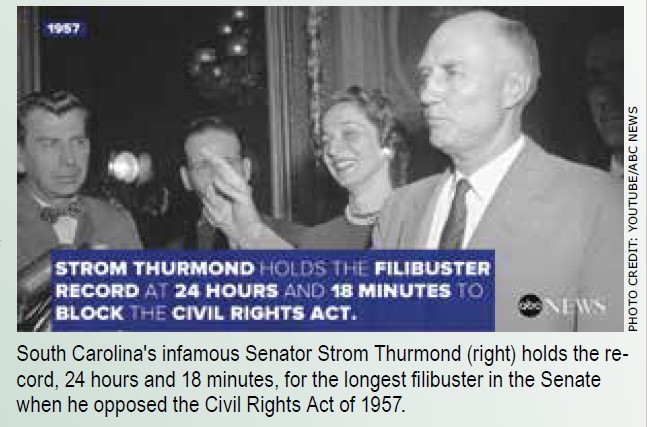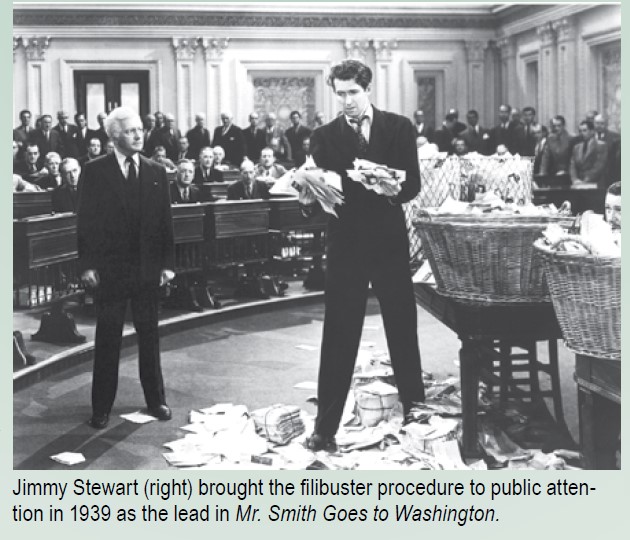
By Stuart Gaffney and John Lewis–

Seventeen years ago this month—February 2004—San Francisco Mayor Gavin Newsom made history when he burst open the doors of City Hall for LGBTIQ couples to be able to marry. When we said, “I do,” we felt something transform within us. We experienced our government for the first time treating us as fully equal human beings as gay people. At that moment, we vowed to do everything in our power to make LGBTIQ equality—and most importantly, the respect and dignity that comes with it—available to all.
When the U.S. Supreme Court established the freedom to marry nationwide in 2015, it declared that anything less than full marriage equality for LGBTIQ people would “disparage” our “choices” and “diminish” our “personhood.” Gay people deserve ”equal dignity in the eyes of the law.”
Although we now have marriage equality, the very dignity that the Court recognized as our birthright as LGBTIQ Americans is still denied us because federal law does not explicitly protect us from discrimination in myriad other aspects of our lives, from jobs to housing to health care to education.
We can think of no better way to affirm the dignity of LGBTIQ people and to mark the 17th anniversary of San Francisco’s “Winter of Love” than for Congress to enact the Equality Act, something that has been 46 years in the making since the first version of the legislation was introduced in 1974.

Today, where an LGBTIQ person lives determines whether legislation protects them from discrimination in areas such as employment, housing, and public accommodations. Twenty-seven states do not explicitly prohibit discrimination based on sexual orientation and gender identity. Some cities within those states have some form of protection. Twenty-one states have extensive prohibitions against LGBTIQ discrimination.
Last year, the U.S. Supreme Court held that employment discrimination against LGBTIQ people constitutes unlawful sex discrimination in violation of Title VII of the federal Civil Rights Act of 1964. Logically, the Court’s reasoning would apply to federal civil rights statutes barring sex discrimination in many other aspects of life.
But queer Americans should not have to wonder whether we have rights or need to file countless lawsuits to establish them one by one. We should not be subject to the whims of how different presidential administrations interpret and apply federal law. The Equality Act would comprehensively make these many vital protections explicit as a matter of federal statute.

A gender nonbinary teenager in Alabama should no more fear being treated unequally in school than a gay student in Seattle. A lesbian in Idaho should have the same access to a loan as a bisexual man in Massachusetts. A transgender Oklahoman should be able to have gender affirmation surgery safely at home in Tulsa and not have to move to Connecticut.
Personally, we are not just San Franciscans or Californians; we are Americans. When we travel to other states of our country, we should not have to fear whether a hotel could refuse to give us a room. We should be able to relocate to another state without losing any of our rights.
How can any of us have true dignity when only some of us are protected some of the time, and we are safe in one part of the country, but not another?
Today, the House of Representatives stands poised to pass the Equality Act, and President Biden is ready to sign it. Everything depends on the Senate, which under the leadership of Republican Mitch McConnell had previously blocked the bill. Today, things are different with Majority Leader Chuck Schumer now in charge of a Democratic-controlled Senate.
Getting 50 Senators to vote in favor of the Act may be within reach and potentially give Vice President Kamala Harris the opportunity to cast the tie-breaking decisive vote, a task she would no doubt relish. However, current Senate rules require 60 votes to break a likely filibuster.
Opponents’ primary arguments are newfangled versions of scurrilous claims they have made many times before. They center on stoking fear of transgender people and legitimatizing discrimination under the subterfuge of “religious freedom.” The predominant purpose underlying opponents’ tactics is political fundraising, and keeping their base engaged and motivated by feeding them the lie that LGBTIQ people are somehow a threat to them. This age-old strategy, cultivated in the Lavender Scare of the 1950s, has been reworked from Anita Bryant to Proposition 8 to the present day. Tragically, it feeds senseless division.
It doesn’t have to be this way.
President Biden’s primary message in his inaugural address was “bringing America together” and “uniting our people.” He observed that American “history has been a constant struggle between the American ideal that we are all created equal and the harsh, ugly reality” that, in addition to racism and nativism, “fear and demonization have long torn us apart.” Establishing equality and dignity for those denied it need not result in loss to others. Enacting the Equality Act and bringing dignity to millions of LGBTIQ Americans from all walks of life across our country would truly further our collective quest to make the American ideal a reality.
Stuart Gaffney and John Lewis, together for over three decades, were plaintiffs in the California case for equal marriage rights decided by the California Supreme Court in 2008. Their leadership in the grassroots organization Marriage Equality USA contributed in 2015 to making same-sex marriage legal nationwide.
Published on February 25, 2021
Recent Comments